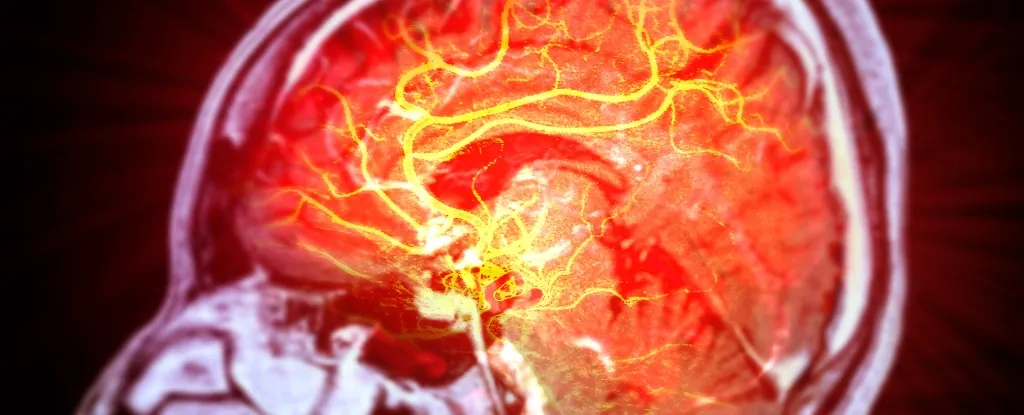
Revolutionary Stem Cell Breakthrough: Healing Stroke-Induced Brain Damage in Mice!
2025-09-22
Author: Jacob
Hope for Stroke Survivors: Stem Cells Show Promise in Brain Repair
Imagine a world where brain damage from strokes, a fate that befalls a staggering quarter of the population, could be healed. Researchers from the University of Zurich and the University of Southern California are shining a light on that possibility with their groundbreaking study using stem cells.
A Remarkable Study on Mice with Stroke-Induced Brain Damage
In their innovative research, scientists injected human stem cells into mice suffering from stroke-related brain damage. What they discovered was nothing short of astonishing. The stem cells not only survived but transformed into immature brain cells, many resembling fully functional neurons that communicated with existing brain cells!
Neuroscientist Christian Tackenberg, part of the research team, shared, "We found that the stem cells survived for five weeks, and they began to communicate with the brain cells that were already there." This revelation could pave the way for new recovery methods for stroke patients.
The Healing Process: More Than Just Neurons!
But the benefits didn’t stop at neuron formation. The study unveiled additional regenerative processes: blood vessels began to self-repair, inflammation in the brain decreased, and the blood-brain barrier, a crucial defense for brain health, became stronger. Mice exhibited impressive improvements in movement and coordination—critical capabilities often devastated by strokes.
Timing is Everything in Stem Cell Therapy
Building on previous research, this team focused on the timing of stem cell injections after a stroke, emphasizing the necessity of stabilizing the brain before proceeding with the transplant. This understanding could be vital in crafting effective treatments for humans.
Going Beyond Expectations: A Deeper Dive into Recovery
Unlike prior studies that primarily spotlighted immediate post-transplant effects, this research delved deeper into whether implanted cells could forge lasting neurological connections. Tackenberg noted, "Our analysis goes far beyond the scope of other studies," highlighting their unique approach to understanding brain recovery.
A Bright Future for Brain Regeneration?
Currently, stroke-induced brain damage remains a daunting challenge, leading to irreversible consequences. However, this research ignites hope that, in the future, stem cell therapy could potentially reverse what was once thought unrepairable.
While we have seen advances in treating conditions like diabetes and vision impairment through similar innovations, the application of this technology to human brains awaits rigorous testing over extended periods.
Facing Challenges: The Road Ahead for Stem Cell Treatments
Yet, as promising as these findings are, hurdles remain. Researchers must ensure that implanted stem cells fulfill their intended purpose and don't stray into unintended roles. Tackenberg succinctly summarizes the mission: "It is essential to pursue new therapeutic approaches to potential brain regeneration after diseases or accidents." Are we on the brink of a medical breakthrough in stroke recovery?
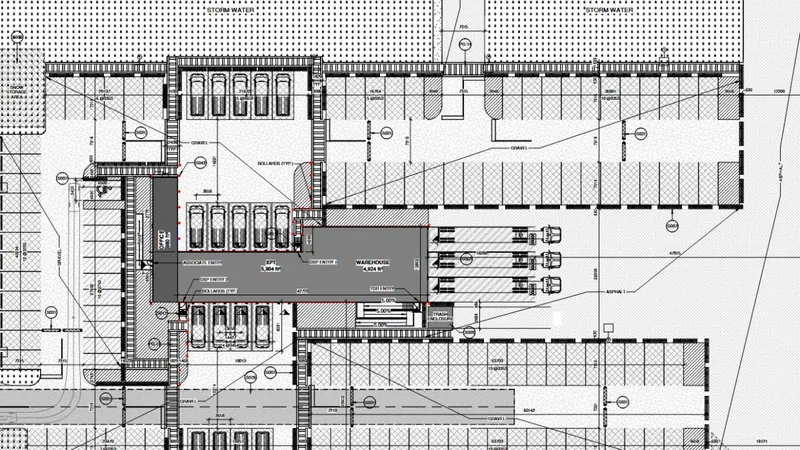
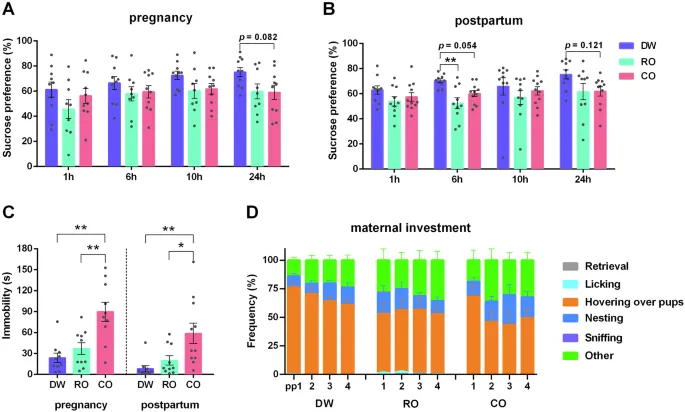





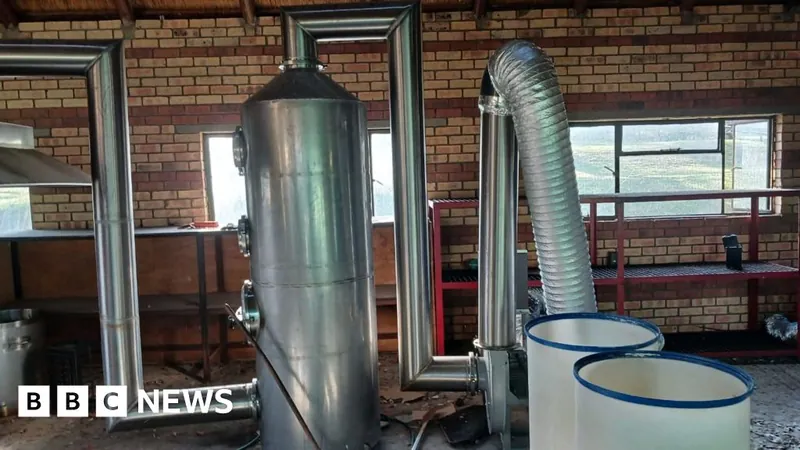
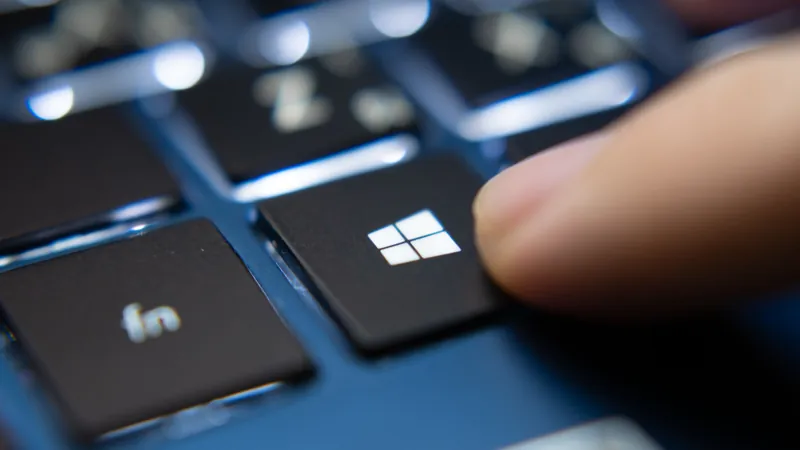
 Brasil (PT)
Brasil (PT)
 Canada (EN)
Canada (EN)
 Chile (ES)
Chile (ES)
 Česko (CS)
Česko (CS)
 대한민국 (KO)
대한민국 (KO)
 España (ES)
España (ES)
 France (FR)
France (FR)
 Hong Kong (EN)
Hong Kong (EN)
 Italia (IT)
Italia (IT)
 日本 (JA)
日本 (JA)
 Magyarország (HU)
Magyarország (HU)
 Norge (NO)
Norge (NO)
 Polska (PL)
Polska (PL)
 Schweiz (DE)
Schweiz (DE)
 Singapore (EN)
Singapore (EN)
 Sverige (SV)
Sverige (SV)
 Suomi (FI)
Suomi (FI)
 Türkiye (TR)
Türkiye (TR)
 الإمارات العربية المتحدة (AR)
الإمارات العربية المتحدة (AR)